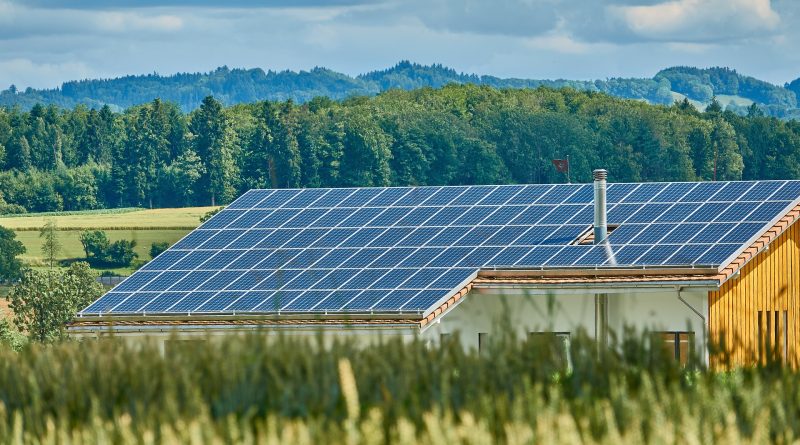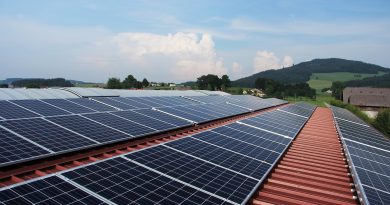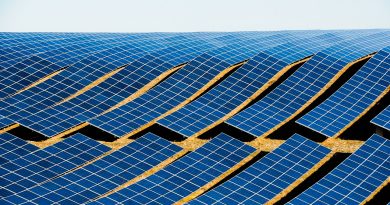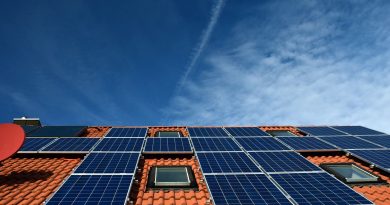On Grid Solar System
Solar energy is an abundant and renewable source of power that is increasingly being harnessed around the world. As our reliance on fossil fuels becomes unsustainable and detrimental to the environment, the need for alternative energy sources has become more apparent than ever before. One such alternative is the on-grid solar system, which offers numerous benefits for homeowners and businesses alike. In this blog, we will explore the concept and advantages of an on-grid solar system, and how it can contribute to a more sustainable future.
Table of Contents
Understanding On-Grid Solar System
An on-grid solar system, also known as a grid-tie or grid-connected system, refers to a solar power system that is connected to the electricity grid. Unlike off-grid systems, which require battery storage for excess energy, an on-grid system allows you to feed any surplus electricity back into the grid, effectively acting as a small-scale power plant.
The heart of an on-grid solar system is the photovoltaic (PV) panels, which convert sunlight into direct current (DC) electricity. This DC electricity is then converted into alternating current (AC) electricity, which is the type of electricity used by most appliances and the power grid. A solar inverter is used for this conversion process.
The Advantages of On-Grid Solar System
1. Cost Savings: One of the biggest advantages of an on-grid solar system is the potential for significant cost savings on electricity bills. By generating your own solar energy and feeding the excess back into the grid, you can offset your electricity consumption and reduce your dependence on the utility company. This can result in substantial savings over the lifespan of the system.
2. Net Metering: With an on-grid solar system, net metering allows you to track the excess energy you produce and receive credits for it on your electricity bill. During times when your solar panels generate more energy than you consume, the surplus is fed back into the grid, effectively running your meter backward. This allows you to offset the energy used during periods of lower solar production, such as at night or during cloudy days.
3. Environmental Benefits: Embracing renewable energy sources such as solar power is an essential step towards reducing our carbon footprint and combating climate change. By installing an on-grid solar system, you can actively contribute to a cleaner and greener future by harnessing the power of the sun, which produces no harmful emissions.
4. Reliability and Grid Backup: On-grid solar systems provide the advantage of grid backup, ensuring a constant and reliable power supply. During times when solar energy production is insufficient, such as during night hours or overcast days, your system will automatically draw power from the grid, ensuring that you never go without electricity.
5. Return on Investment (ROI): Investing in an on-grid solar system is not only beneficial for the environment but can also lead to a substantial return on investment. The cost of solar panels has significantly decreased in recent years, making it more affordable for homeowners and businesses. Additionally, various incentive programs and government subsidies are available, further reducing the payback period and increasing the return on investment.
Conclusion
Embrace a brighter, sustainable future with SolarClue® by choosing the advantages of an on-grid solar system. As you make the shift to renewable energy and seek to trim down electricity costs, our on-grid solar solutions offer unparalleled benefits. By harnessing the sun’s power and staying connected to the grid, both homeowners and businesses can enjoy substantial cost savings, leverage net metering, champion environmental sustainability, and experience enhanced reliability – all while securing a positive return on investment. Investing in SolarClue’s on-grid solar systems is not just about smart energy choices; it’s a proactive step towards contributing to a greener planet. Join us on the path to sustainability, where clean and renewable energy meets cost-effective solutions. Make the switch to SolarClue® and power up your space with the brilliance of on-grid solar systems.
Frequently Asked Questions
Solar panels use photovoltaic cells to convert sunlight into direct current (DC) electricity, which is then transformed into usable alternating current (AC) electricity.
Yes, many governments offer incentives such as tax credits or rebates to encourage the adoption of solar energy.
Solar panels typically have a lifespan of 25-30 years and require minimal maintenance. Regular cleaning and occasional checks suffice for optimal performance.
While solar panels are less efficient on cloudy days, they can still generate some power. For night-time, energy storage solutions like batteries are used.
Grid-tied systems are connected to the electricity grid, allowing excess energy to be fed back, while off-grid systems operate independently, often using batteries for storage.
Solar panels are generally environmentally friendly. However, proper disposal and recycling methods are being developed to address end-of-life concerns.
Yes, solar thermal systems can be used for heating water, and solar-powered air conditioning systems are also available for cooling.
While installation costs vary, the long-term savings on electricity bills often outweigh the initial investment, making solar a cost-effective option.
Ongoing research aims to improve efficiency and reduce costs, potentially making solar technology more accessible for a broader range of users.
Absolutely, large-scale solar power plants contribute significantly to industrial power needs, providing clean and sustainable energy solutions.




